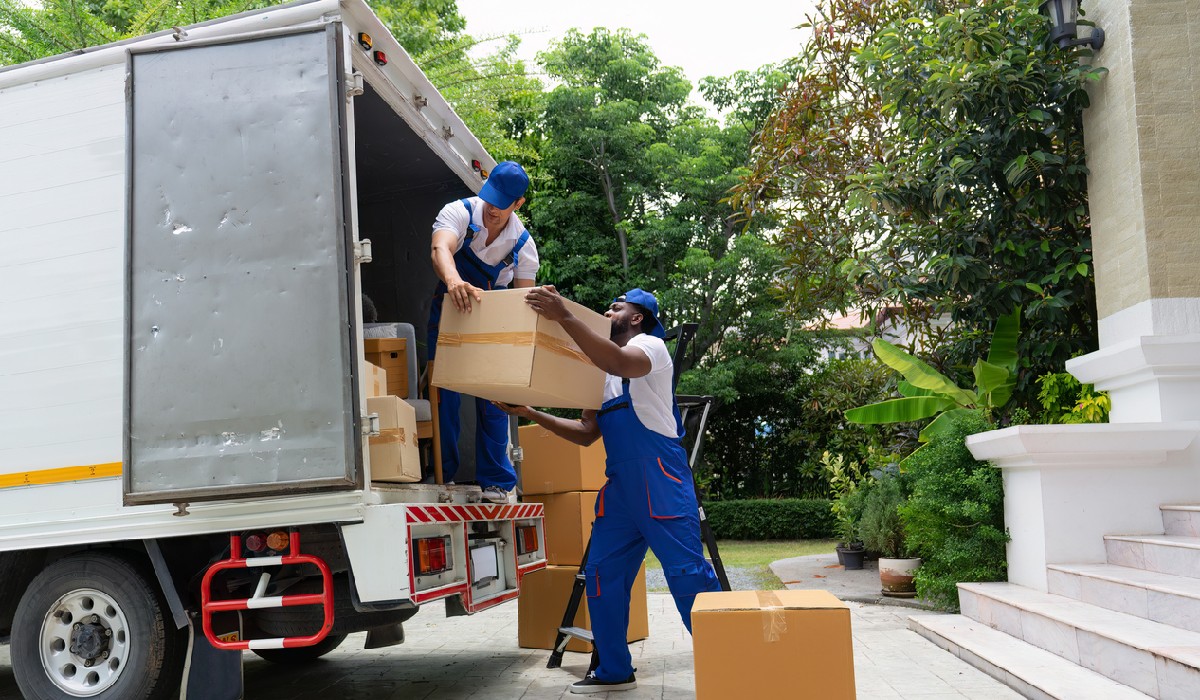Relocating to a new home or office can be both exciting and overwhelming. Whether you’re moving across town or across the country, finding the right moving service can make all the difference in ensuring a smooth transition. This article explores the essential aspects of moving service NYC, from choosing the right provider to tips for a hassle-free move.
Understanding Moving Services
Moving services encompass a range of solutions designed to assist individuals and businesses with the process of relocating their belongings. These services can be broadly categorized into several types:
- Local Moving Services: Ideal for moves within the same city or town, local movers typically handle short-distance relocations. They offer services such as packing, loading, transportation, and unloading.
- Long-Distance Moving Services: For moves that span across states or regions, long-distance movers provide specialized services, including logistics planning, interstate regulations compliance, and secure transport for your belongings.
- International Moving Services: If you’re relocating overseas, international movers handle complex logistics, customs regulations, and international shipping. They ensure that your possessions reach their destination safely and efficiently.
- Specialty Moving Services: These services cater to specific needs, such as moving fragile items, antiques, pianos, or office equipment. Specialty movers are trained to handle delicate or valuable items with care.
Choosing the Right Moving Service
Selecting a moving service requires careful consideration. Here are some key factors to keep in mind:
- Reputation and Reviews: Research moving companies by checking online reviews, ratings, and testimonials. A reputable company with positive feedback is more likely to provide reliable and professional service.
- Licensing and Insurance: Ensure the moving company is licensed and insured. For local moves, this may involve state licensing, while long-distance and international movers should have federal and international credentials. Insurance provides protection for your belongings during transit.
- Experience and Expertise: Experience in the industry is a crucial factor. Companies with a track record of successful moves are more likely to handle your relocation efficiently. Additionally, check if they have experience with the type of move you require.
- Cost Estimates: Obtain detailed quotes from multiple moving companies. Ensure that the estimates include all potential costs, such as packing materials, transportation, and any additional services. Be wary of unusually low estimates, as they may indicate hidden fees.
- Services Offered: Consider the range of services provided. Some companies offer full-service moves, including packing and unpacking, while others may provide only transportation. Choose a service that aligns with your needs.
Preparing for Your Move
Proper preparation can significantly ease the moving process. Here are some tips to help you get ready:
- Declutter and Organize: Before packing, sort through your belongings and get rid of items you no longer need. Donate, sell, or recycle unwanted items to reduce the volume of what needs to be moved.
- Label Boxes: Clearly label each box with its contents and the room it belongs to. This will make unpacking easier and more organized.
- Pack Smartly: Use sturdy boxes and packing materials to protect your belongings. Pack fragile items with extra care, using bubble wrap or packing paper.
- Create a Moving Checklist: Develop a checklist to keep track of tasks such as notifying utility companies, updating your address, and coordinating with the moving company.
- Communicate with Your Mover: Maintain open communication with your moving company. Confirm details such as the moving date, time, and any special requirements.
Post-Move Considerations
After the move, there are a few tasks to complete:
- Inspect Your Belongings: Check for any damages or missing items and report them to the moving company promptly.
- Settle In: Unpack and organize your new space. Take your time to arrange your belongings in a way that makes your new home or office feel comfortable.
- Update Your Address: Ensure that your address is updated with relevant institutions, such as banks, credit card companies, and postal services.
Choosing the right moving service is essential for a smooth and stress-free relocation. By understanding the types of moving services available, researching reputable companies, and preparing thoroughly, you can make your move a positive experience.



